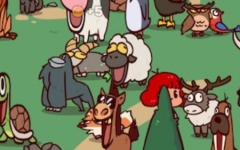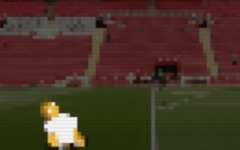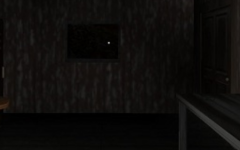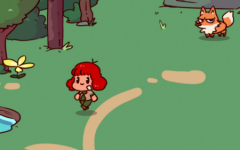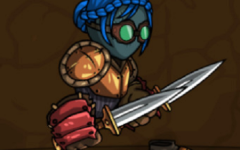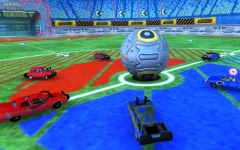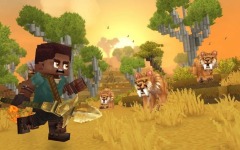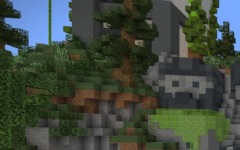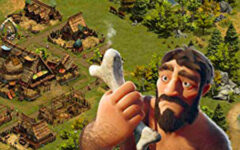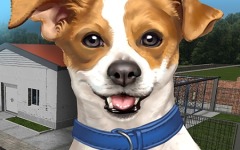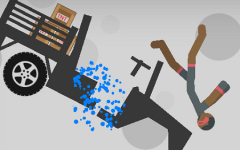Advertisement
The Great Outdoors
Advertisement
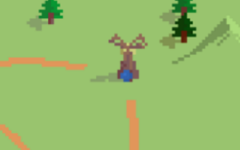
The Great Outdoors is a game designed around a direct link between real-world walking and virtual progress. Players begin with a small, partially ruined settlement where they take on the role of an assistant responsible for rebuilding and expanding it. Every step taken outside the game is recorded and turned into a usable in-game resource. This mechanic replaces traditional energy systems or cooldown timers, making physical movement the central factor in advancement. From the start, walking becomes the foundation for unlocking new locations, improving structures, and accessing additional gameplay options.
Core activity and exploration
The main loop of the game revolves around collecting steps through daily life and spending them to explore the game map. Steps are needed to travel to new areas, repair damaged buildings, gather materials, and interact with different characters. Each zone on the map presents its own set of tasks, and players must decide how to prioritize their movement. Early challenges can be completed with relatively few steps, but as the settlement grows, tasks require more effort, encouraging consistent activity in real life to continue progressing.
Player choices and strategy
Because steps are limited to what the player actually walks or runs, every action carries weight. Players must decide whether to use steps to expand the map quickly or to fully develop an existing location before moving on. This balance between exploration and consolidation creates room for individual strategies. Those who manage their movement efficiently can achieve faster progress without wasting steps on unnecessary travel. Over time, this decision-making process becomes a core part of the gameplay experience.
Key features
- Step-based progression directly tied to real-life walking or running
- Settlement rebuilding and upgrading as a primary objective
- Multiple zones with distinct challenges and resources
- Flexible strategies for how to invest collected steps
- Optional purchases that do not affect core gameplay
Community interaction and long-term appeal
Players often share their progress and strategies with others, discussing the most effective ways to spend steps and unlock new areas. The absence of forced advertisements or intrusive monetization allows individuals to focus entirely on their own pace of play. Many treat the game as a way to combine fitness tracking with gradual virtual development, turning routine walks into productive in-game sessions. Over time, The Great Outdoors creates a cycle in which daily activity and digital growth reinforce each other, encouraging both regular movement and steady engagement with the game.





























































































































